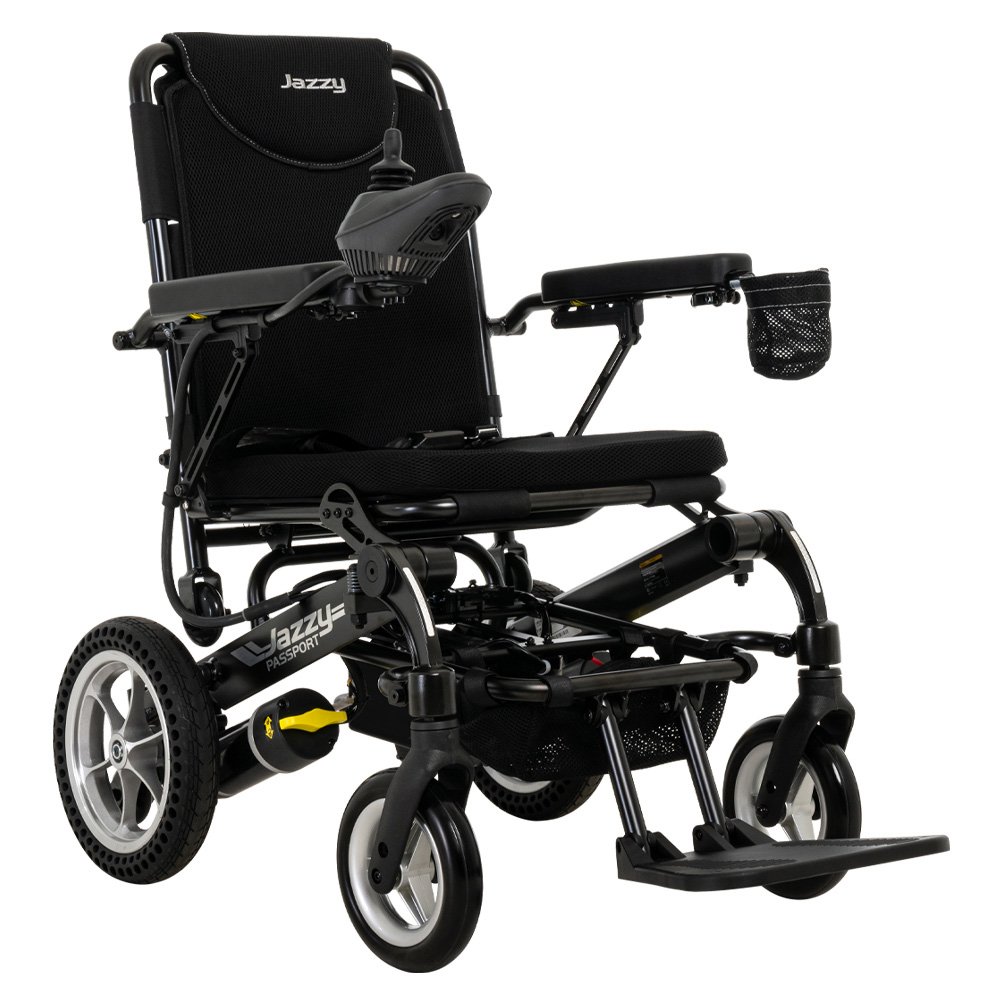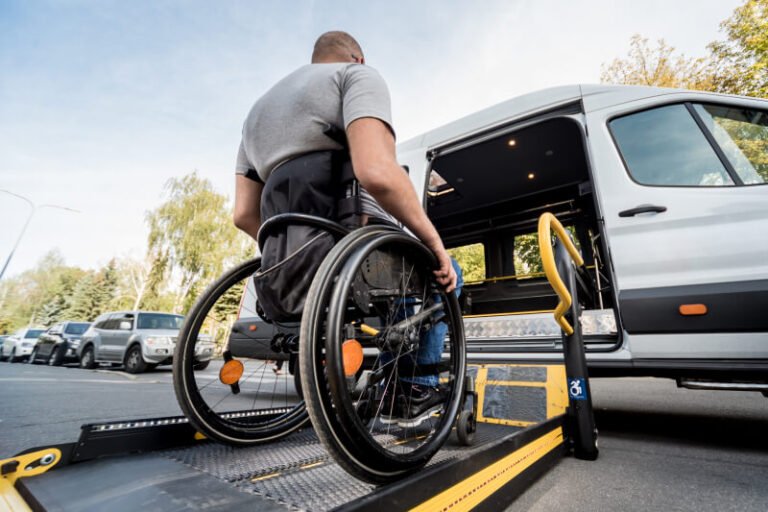Supportive Resources for Caregivers of Individuals with Mobility Challenges
Introduction
Caregiving for individuals with mobility challenges is a demanding and multifaceted role. Caregivers often need to provide physical, emotional, and logistical support, which can be overwhelming without the right resources. Access to supportive resources is crucial in ensuring that caregivers can effectively assist their loved ones while also maintaining their own well-being. This article explores various supportive resources available to caregivers, from medical equipment to community support networks, highlighting their importance in enhancing the quality of care and easing the caregiver’s burden.
Medical Equipment and Assistive Devices
One of the primary needs for caregivers of individuals with mobility challenges is access to appropriate medical equipment and assistive devices. These can range from wheelchairs and mobility scooters to lifts and transfer aids. Proper equipment can significantly reduce the physical strain on caregivers and increase the independence and comfort of the person they are caring for. It’s essential for caregivers to consult with healthcare professionals to determine the most suitable devices and to receive training on their use. Discover how Travel Power Wheelchairs can ease the caregiving journey and enhance mobility for your loved ones.
In-Home Care Services
In-home care services can provide invaluable support for caregivers, offering professional assistance with daily tasks and medical needs. These services include home health aides, physical therapists, and occupational therapists who can help with activities such as bathing, dressing, medication management, and mobility exercises. In-home care allows individuals with mobility challenges to stay in their familiar environment, which can be beneficial for their emotional and psychological well-being, while also providing caregivers with much-needed respite.
Support Groups and Counseling
Caregiving can be emotionally taxing, and caregivers often experience feelings of isolation, stress, and burnout. Support groups offer a platform for caregivers to share their experiences, challenges, and coping strategies with others in similar situations. These groups can be found in local communities or online, providing a network of understanding and empathy. Additionally, counseling services can help caregivers manage stress and develop healthy coping mechanisms, ensuring they maintain their mental health while caring for their loved ones.
Educational Resources and Training
Educational resources and training programs are crucial in equipping caregivers with the knowledge and skills needed to provide effective care. Many organizations and healthcare providers offer training sessions on various aspects of caregiving, including safe lifting techniques, wound care, and emergency response. Online courses and workshops can also be valuable, providing flexibility for caregivers to learn at their own pace. Continuous education helps caregivers stay informed about best practices and advancements in care for individuals with mobility challenges.
Financial Assistance Programs
The financial burden of caregiving can be significant, covering costs of medical equipment, home modifications, and professional care services. Various financial assistance programs are available to support caregivers, including government subsidies, grants, and insurance coverage. It’s important for caregivers to explore these options to alleviate some of the financial pressures and ensure that they can provide the best possible care without compromising their financial stability.
Community Resources and Respite Care
Community resources, such as local non-profits and government agencies, offer a range of services to support caregivers. These can include meal delivery, transportation services, and day programs for individuals with mobility challenges. Respite care is another vital resource, providing temporary relief for caregivers by taking over their responsibilities for a short period. This allows caregivers to rest and recharge, preventing burnout and ensuring they can continue to provide high-quality care.
Technological Innovations
Advancements in technology have introduced new tools and applications that can greatly assist caregivers. From apps that remind caregivers about medication schedules to remote monitoring systems that track the health and safety of their loved ones, technology can simplify many caregiving tasks. Telehealth services also offer convenient access to medical consultations and advice, reducing the need for frequent trips to healthcare facilities.
Conclusion
Providing care for individuals with mobility challenges is a demanding role that requires a broad range of resources and support systems. Access to medical equipment, in-home care services, support groups, educational resources, financial assistance, community programs, and technological innovations can significantly ease the burden on caregivers. By utilizing these resources, caregivers can ensure they provide the best possible care while also maintaining their own well-being. The availability and use of supportive resources are essential in fostering a sustainable and effective caregiving environment.
FAQs
- What types of medical equipment are essential for caregivers of individuals with mobility challenges?
Essential medical equipment for caregivers includes wheelchairs, mobility scooters, lifts, transfer aids, and adjustable beds. These devices help reduce physical strain on caregivers and increase the independence and comfort of the person being cared for.
- How can in-home care services benefit caregivers?
In-home care services provide professional assistance with daily tasks and medical needs, allowing caregivers to get respite and ensuring their loved ones receive high-quality care. These services can include home health aides, physical therapists, and occupational therapists.
- What support is available for caregivers feeling isolated and stressed?
Caregivers can join support groups to share their experiences and coping strategies with others in similar situations. Counseling services are also available to help caregivers manage stress and maintain their mental health.
- Are there financial assistance programs for caregivers?
Yes, various financial assistance programs are available, including government subsidies, grants, and insurance coverage. These programs help alleviate the financial burden of caregiving, covering costs of medical equipment, home modifications, and professional care services.
- How can technology assist caregivers of individuals with mobility challenges?
Technology can assist caregivers through apps that manage medication schedules, remote monitoring systems that track health and safety, and telehealth services that provide convenient access to medical consultations and advice. These tools simplify caregiving tasks and improve efficiency.






